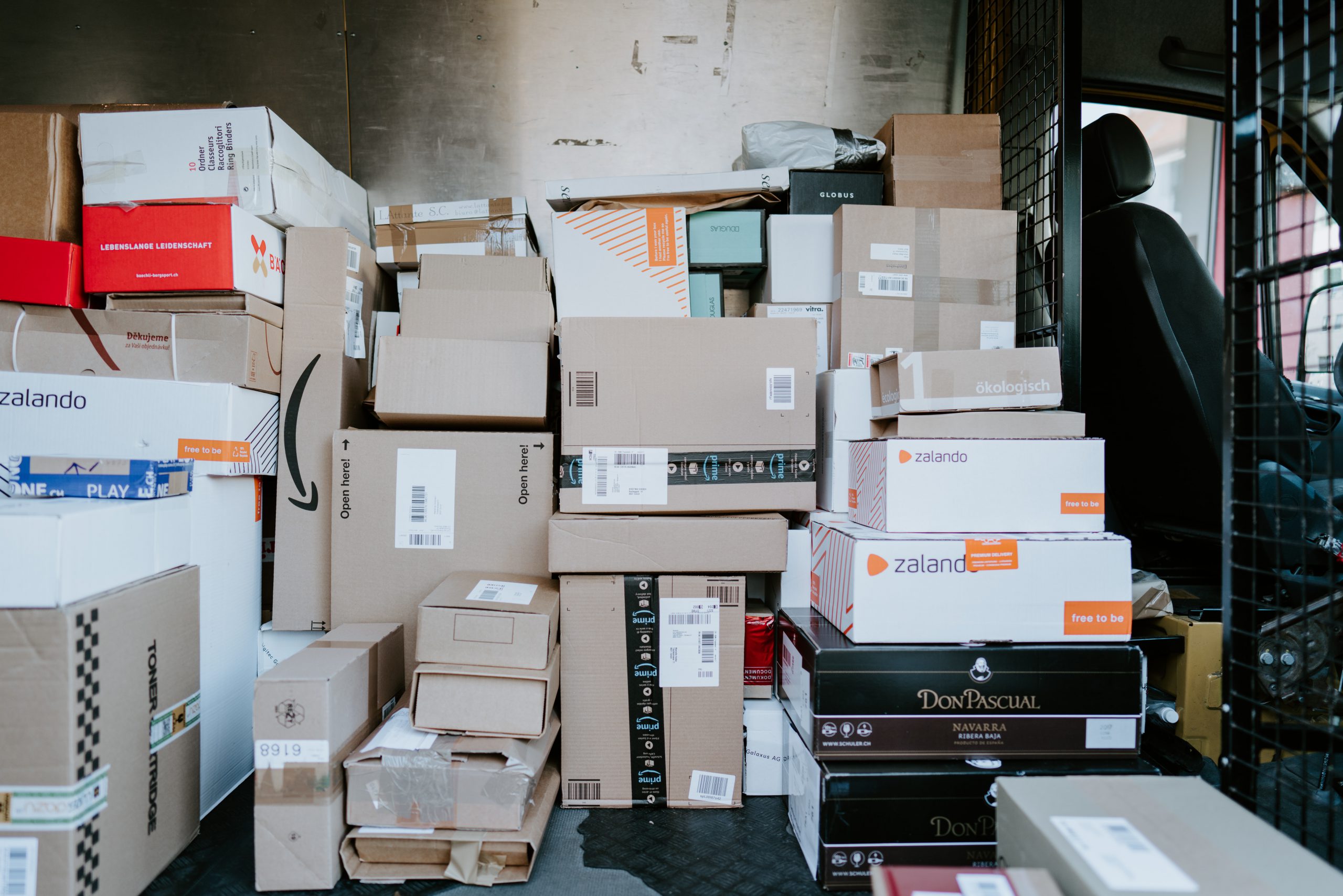With many customers opting to skip the shops and instead order from home, the demand for delivery drivers has never been so high. We are seeing a decline in the high street, which seems to point to a continual growth in online shopping and therefore a continual need for delivery services. Not to mention the current Covid crisis has boosted online sales even further.
Although this career option offers a wealth of benefits, there are considerations that need to be made when it comes to accounting and taxes- especially if you choose to become self-employed.
Of course, there are delivery drivers who work for a specific company but many choose to become sold traders. Choosing to be self-employed offers a number of benefits, including independence, it’s easier and cheaper to run your business and of course, you get to keep all the profits that you make. However, self-employment also means more responsibility as you become the person in charge of paying tax and keeping financial records.
Registration
Once you decide to become a sole trader, the first thing to do is to register this with HMRC. Technically you can work for up to three months before registering but obviously the sooner you do this the better. This is important as you can incur penalties if you fail to register before the deadline.
Once officially self-employed, sole traders should begin bookkeeping. Bookkeeping involves the recording of financial transactions within the business. This includes income and profit, as well as expenditures. All of this information is required in order to complete your yearly tax return. It’s also not just a case of writing down numbers as you will also need evidence of these transactions.
Evidence can include a variety of materials- bank statements, receipts, invoices etc. Collecting evidence and keeping a thorough record of finances is incredibly important as HMRC can and do investigate.
Taxes
One of the main differences between being employed and being self-employed is the process of paying taxes. Whilst this is automated when working for a company, sole traders are required to actively complete the process themselves.
Self-assessment can be done via post or online, with different deadlines for each option. The deadline for paper tax returns is midnight on October 31st and the deadline for online returns is midnight the following January 31st.
You will be assessed on your earnings throughout the tax year, which in the UK is the 6th of April to the following 5h of April. It’s worth noting that these dates may be different for some, for example, if you started trading part-way through the year, however for most this will be the timeframe.
Self-Assessment is a comprehensive process that includes a variety of questions based on the business itself, turnover, expenses and other financial transactions. The tax that you pay is based on your earnings, however, everyone is entitled to a tax-free allowance, which is currently £12,500 but changes year on year. After that amount, you will have to pay both tax and National Insurance.
It’s worth noting that the amount of tax that you pay will also depend on any expenses that you have paid out. Expenses are different for each business but if we take delivery driving as an example, it would include parking charges, communication devices, tolls, breakdown insurance, vehicle maintenance and mileage, just to name a few. These expenses will be deducted from the tax that you pay.
Outsourcing
Keeping on top of accounts and completing your tax return can be time consuming, complex and tedious. It’s, therefore, no surprise that many sole traders will outsource this to accounting firms or individual accountants. The process is simple, you forward your bookkeeping, account information and evidence and the accountant will analyse this data, verify it and then complete your tax return for you. This doesn’t just save time and effort, it also offers peace of mind that something as important as your tax return is in safe, capable hands.
If you’d like help or advice take a look at how we can help you.














